
Transcription
THE ROLE OF EMOTION
On one important level, our emotions are vital messengers. They evolved as signals to help us meet our basic needs for self-preservation and safety and survive individually and as a species. The human emotional repertoire is remarkably sophisticated, its inner and outer expressions and messages often eloquent and complex. Even so, there are really only few basic families of emotions. The most prominent are happiness, sadness, fear, disgust, and anger. Each emotion is a full body reaction to a characteristic situation, fear is triggered when danger threatens; sadness and grief when something precious is lost; disgust when something highly unpleasant is confronted; anger when an important goal is blocked; happiness when our needs are met. Naturally, we pay attention to these signals. They tell us what to do to survive and even thrive.
For the most part, our emotional reactions evolved to be temporary. They have to be. The messenger needs to be alert to the need to signal the next alarm. Our initial emotional reaction lasts only as long as the subject of the alarm continues -- often a few seconds rather than a few minutes. For it to last longer would make us insensitive to further changes in the environment. We can see this clearly in the behavior of gazelle on the African savannah. Fear drives them to run desperately to avoid the predator that is chasing the herd. But once a gazelle, as if nothing had happened. The situation has changed, the danger is past, the herd also needs to eat to survive.
Of course, some situations endure, and so may our emotional reaction to them. Sadness as a response to the loss of someone dear to us may continue for a long time. Grief can continue to come in unexpected waves that may well up and overwhelm us for many weeks and months after the loss. Even here, however, the mind has ways of healing itself. Even with grief, most people find that little-by-little, life eventually returns to some sense of normalcy and they begin to discover the possibility of smiling and laughing once again.
Why, then, do depression and unhappiness outlast the situations that trigger them? Or why, sometimes, does a sense of malaise and dissatisfaction go on and on? The short answer is that these emotions persist because we have emotional reactions to our own emotions that actually keep them going.
I thought I give my viewers some steps that I'm using to deal with depression and the many emotions we find ourselves trying to understand when faced with life experiences. I really hope this blog helps those dealing with depression open up to the numerous ideas of living with depression and not allowing it to control your life. Do as much research as possible on the subject and seek the mechanics that best suit you.
Walk with peace in your heart and approach each day with balance. Until next time, take care!!!
Other posts by this author
|
2013 oct 31
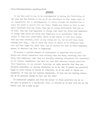
|
2013 aug 2

|
2013 mar 21
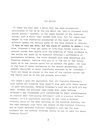
|
2013 feb 8
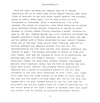
|
2013 feb 8
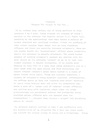
|
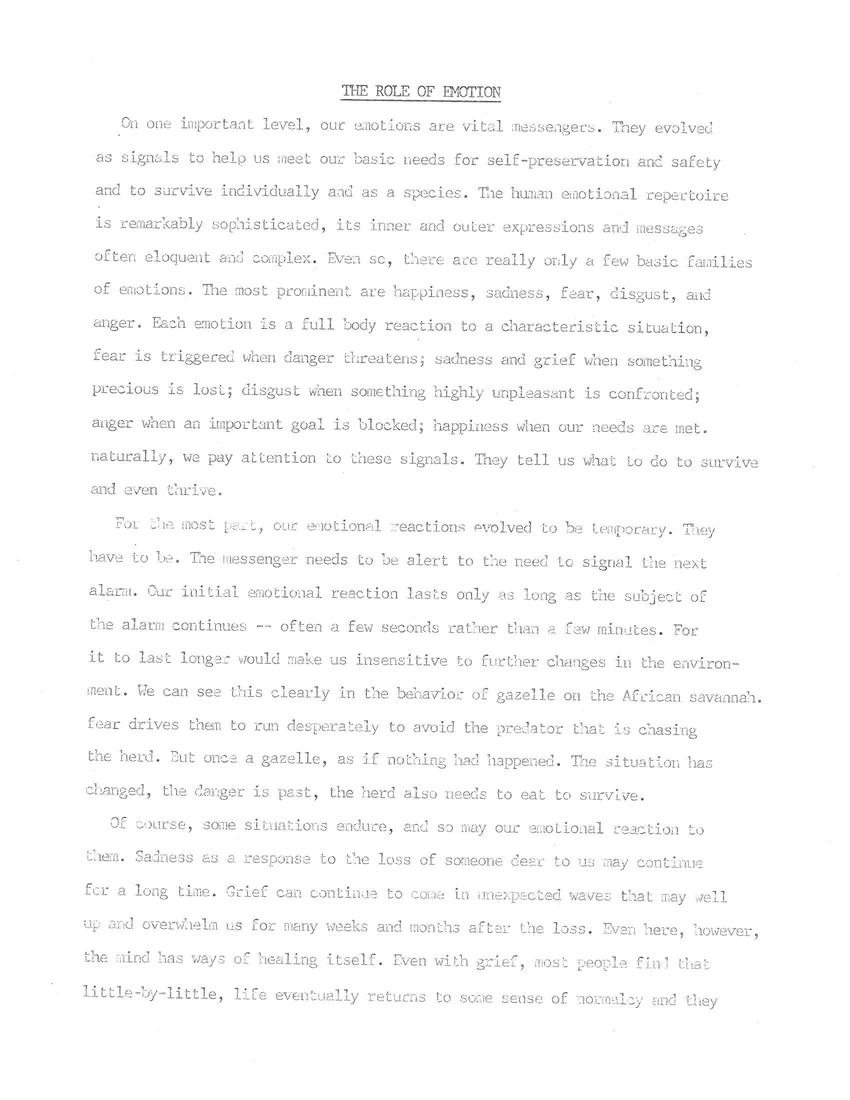
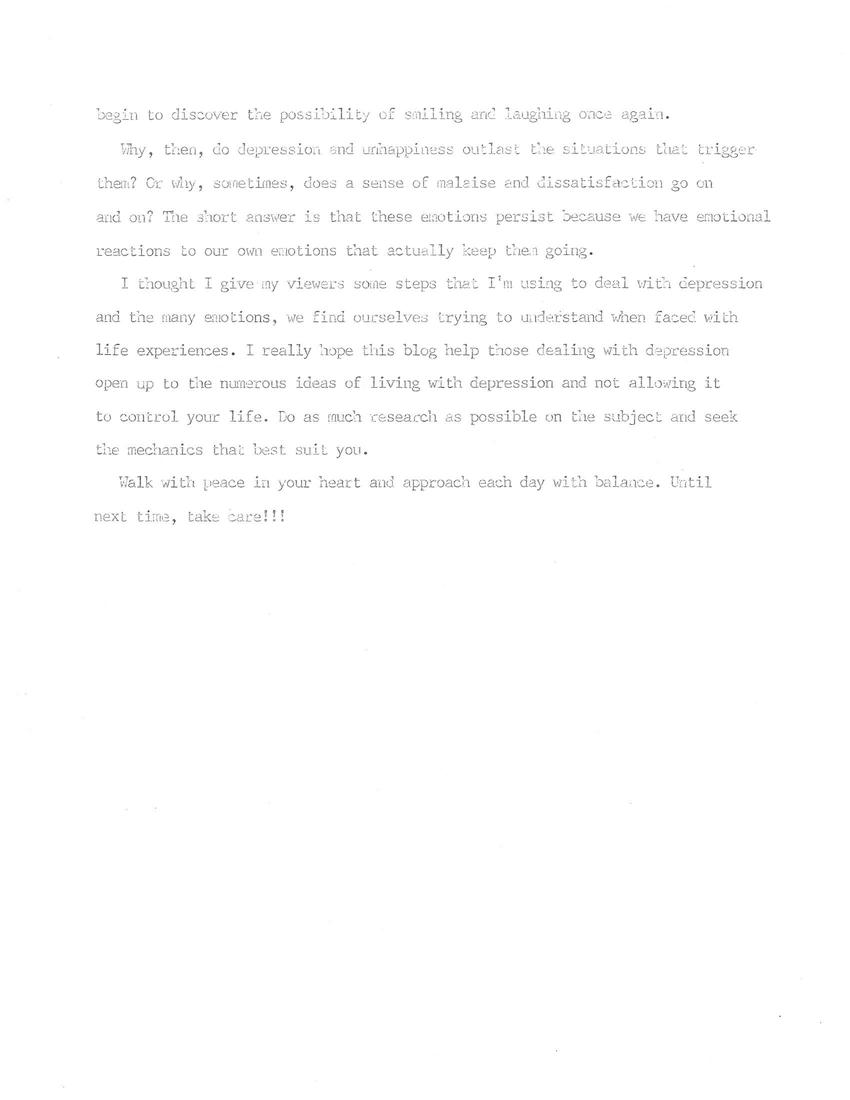

Replies